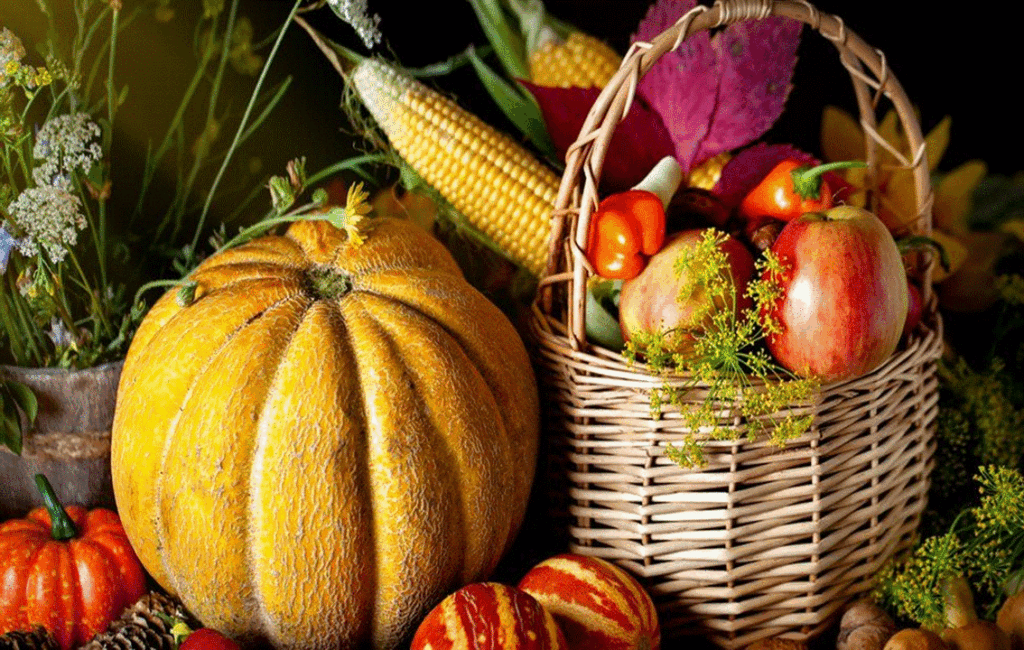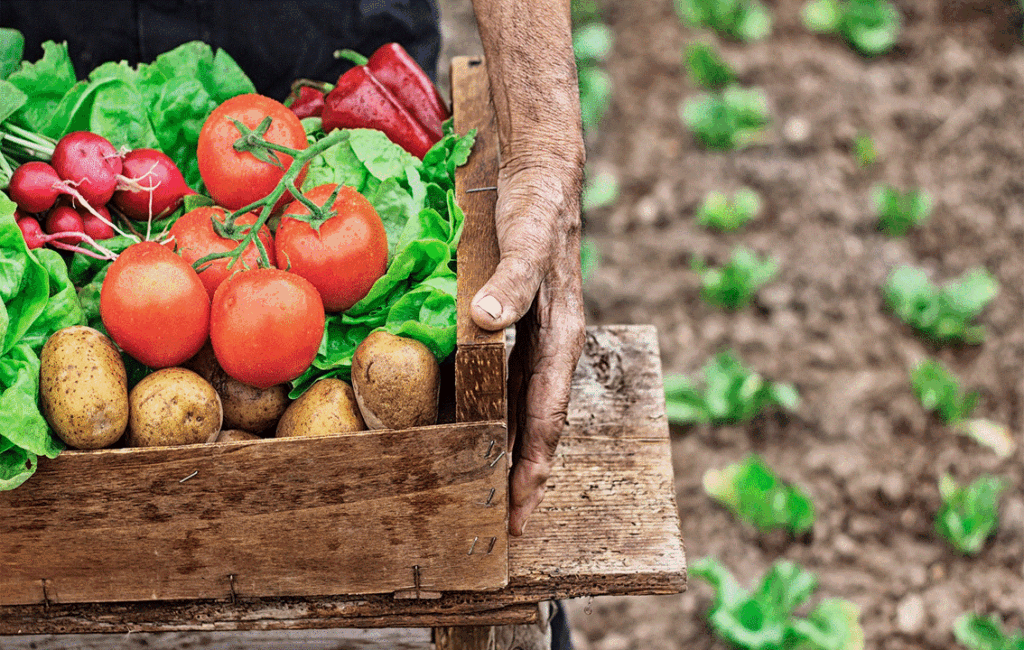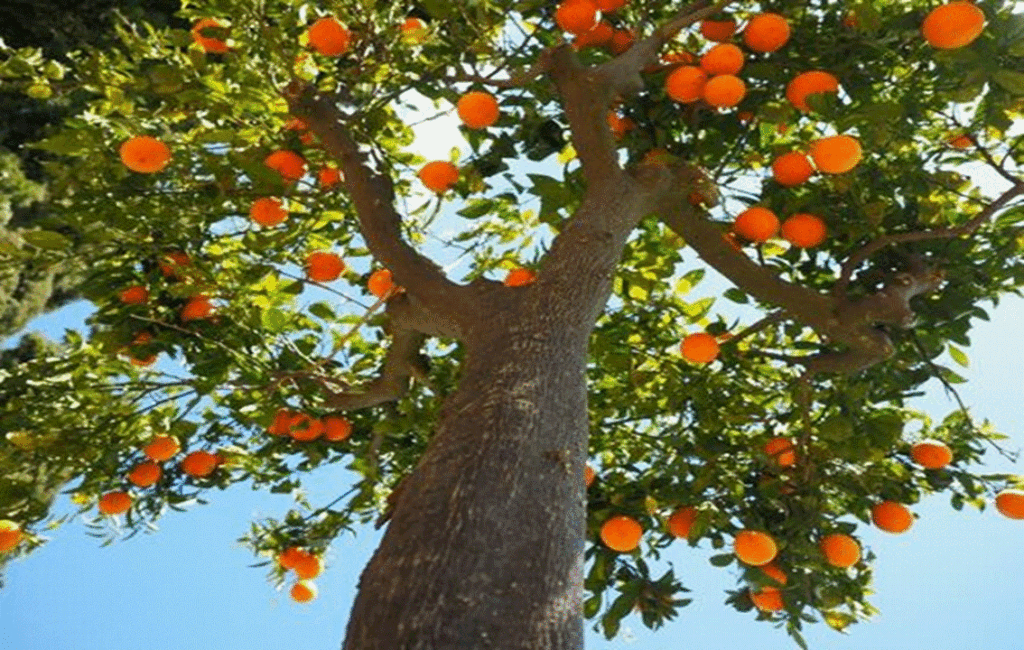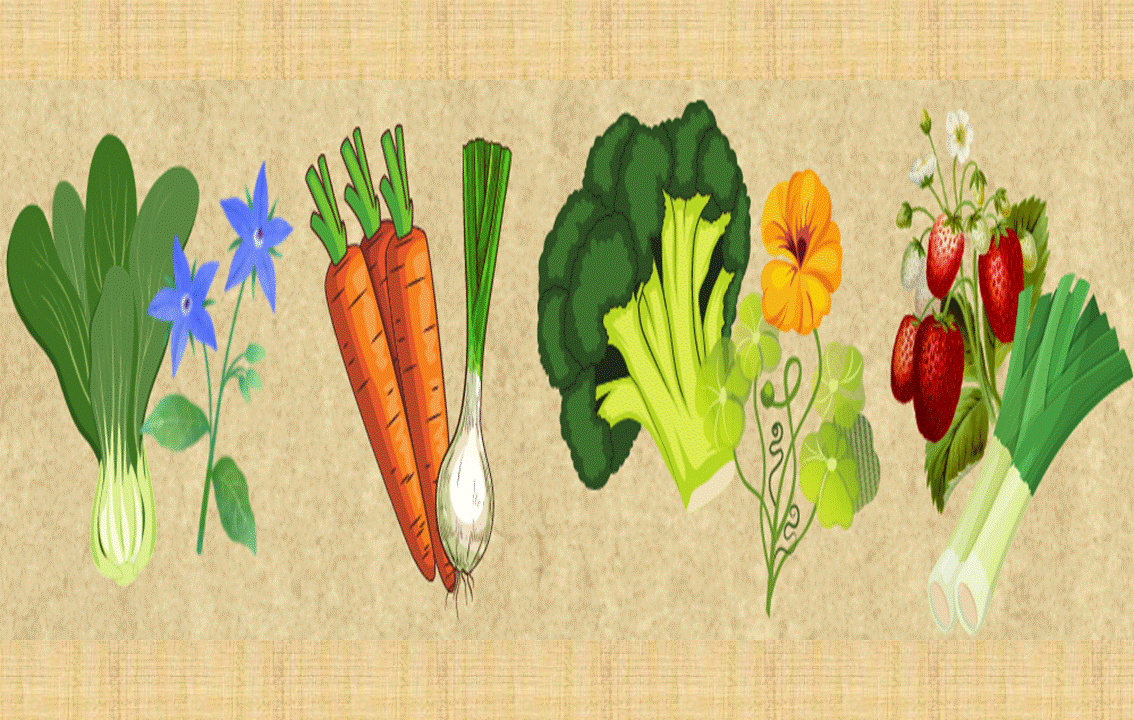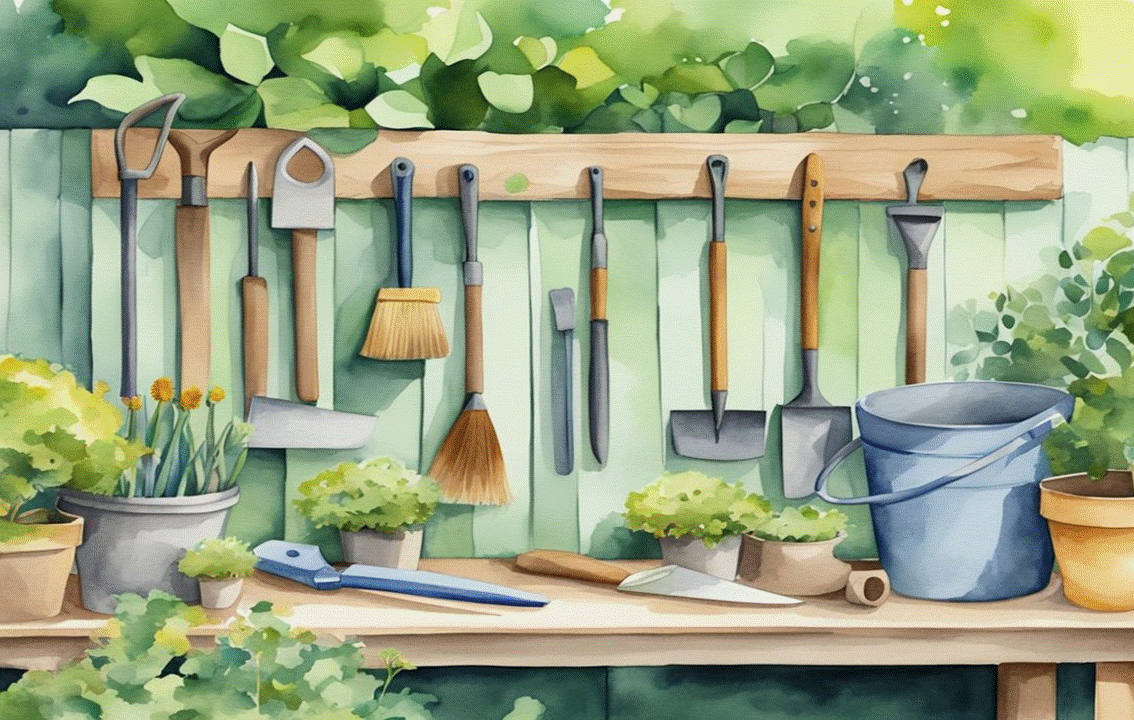CHOOSING A DIVERSE RANGE OF EASY-TO-GROW PRODUCE
An organic garden is not only beneficial for the environment, but it also allows one to enjoy a diverse range of healthy produce directly supplied from the back garden. Choosing a good selection of easy-to-grow crops will ensure that a bountiful harvest of fresh, nutritious produce will be enjoyed throughout the year, while supporting a healthy ecosystem in the garden. There are several factors to consider when choosing what crops to rear. Crops that are well suited to specific growing conditions, such as the local climate, the amount of natural sunlight, the soil type, and the available space should all be considered before sowing.
The Importance of Choosing the Right Crops
Selecting crops that are most likely to grow in any specific environment is crucial for a variety of reasons. Different vegetables have varying requirements in terms of sunlight, soil type, and climate conditions and by selecting, ones that are well-suited to specific growing conditions will increase the likelihood of a successful harvest and reduce the need for excessive maintenance or artificial inputs. Additionally, growing a diverse range of vegetables in the garden ensures crop rotation.
Factors to Consider When Choosing Crops
Before deciding on which crops to grow, it is important to consider the following key factors
Climate: Choose crops that are suitable for the climate zone. Some crops thrive in cooler temperatures, while others require warmer climates to grow.
Sunlight: Most crops require adequate sunlight to grow and produce a healthy yield. Ensure that the garden receives sufficient sunlight throughout the day and it may be necessary to mark areas in the garden that do not receive ample sunlight.
Soil Type: Specific crops prefer differing soil types. A soil test to determine the pH level and nutrient content of your soil and choose vegetables that are compatible with these conditions.
Space: Consider the size of your garden and the space available for planting. Some vegetables, such as tomatoes and squash, require more space to spread out, while others, like lettuce and radishes, can be grown in smaller areas.
A Good Mix of Produce
A large array of different crops will not only promote soil health and biodiversity in the garden but will also promote overall growth meaning that one will have the pleasure of enjoying a variety of fresh, homegrown produce throughout the year.
Herbs: Cultivating a good all-round herb garden is advisable and growing herbs offers a variety of benefits, making it a rewarding endeavor for both seasoned gardeners and beginners alike.
Vegetables: Cultivating vegetables in an organic garden offers numerous benefits. A series of different vegetables, which can be harvested at different times of the year, will provide fresh organic produce all year around.
Trees: Cultivating trees offers many advantages for the organic garden. Planting a series of different trees will provide fresh organic fruit all year round.
Flowers: Edible flowers will not only enhance the organic garden, but will also provide flowers that can be used in a whole host of culinary recipes.
